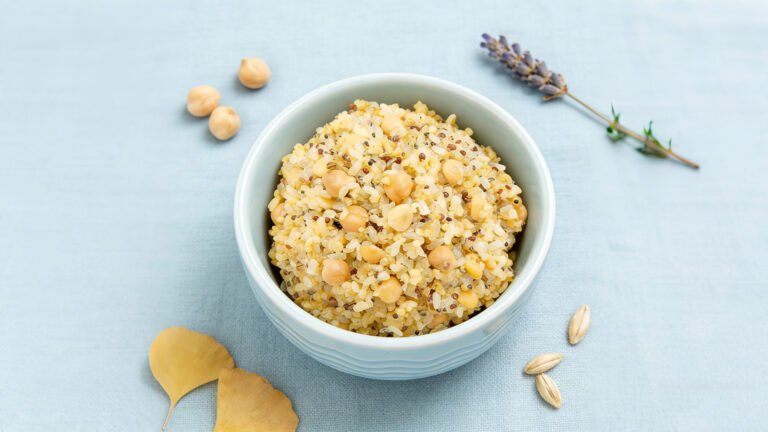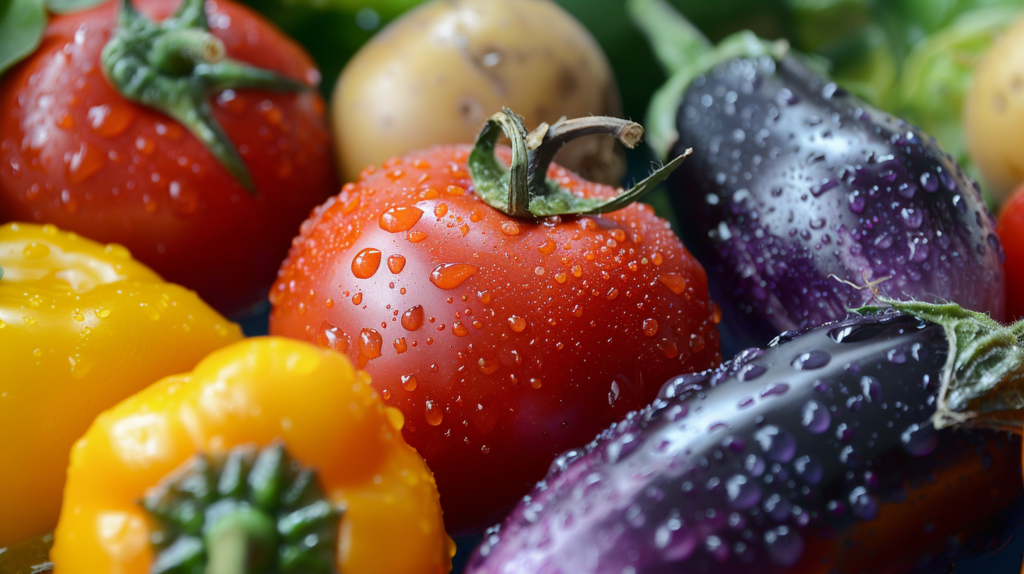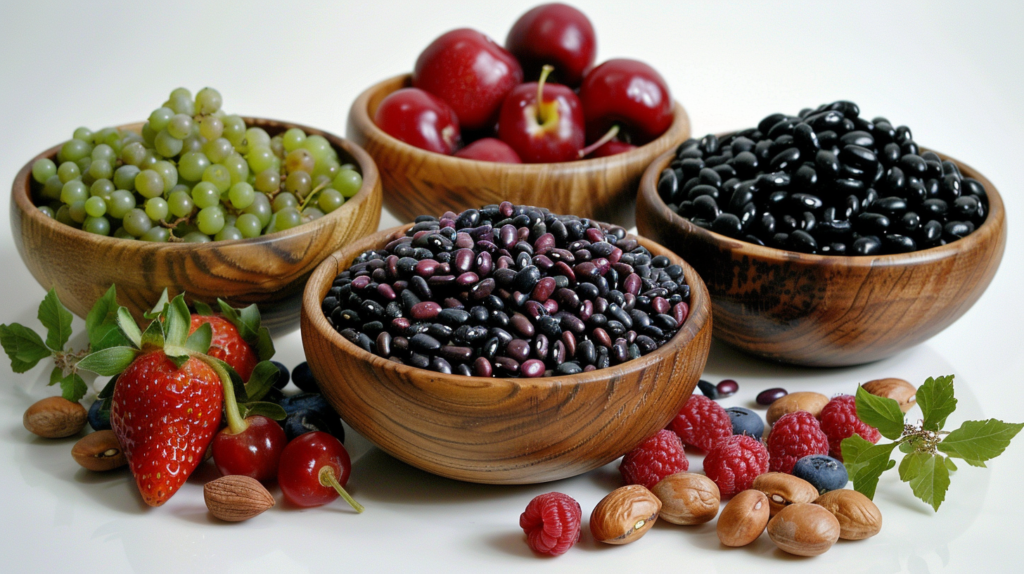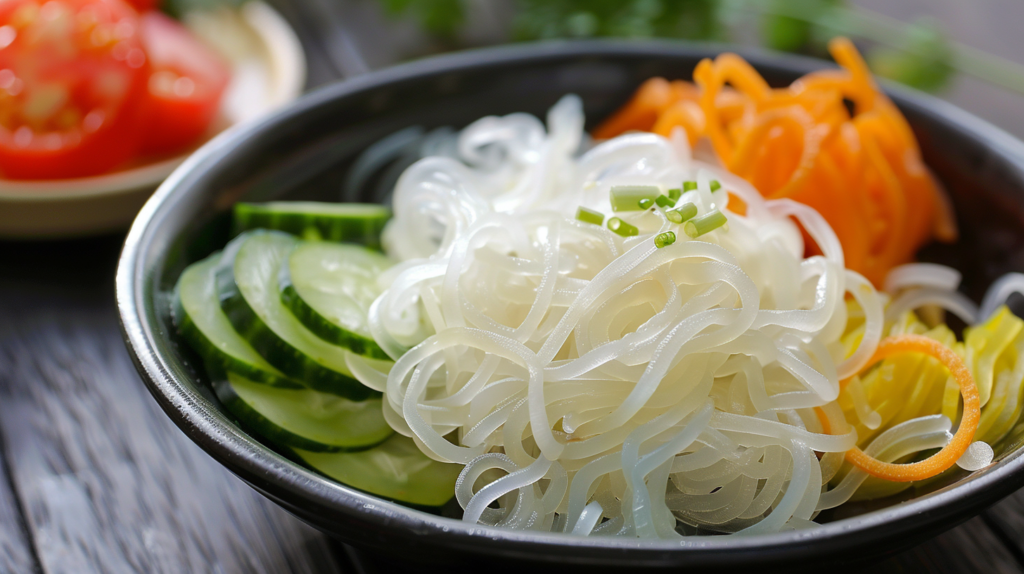
Contact Us through info@lovekonjac.com
The ketogenic diet, renowned for its low-carb, high-fat approach, often neglects an essential component: dietary fiber. Without adequate fiber, individuals on keto may experience digestive issues like constipation, bloating, and discomfort. Additionally, a lack of fiber can impact overall health, leading to increased hunger, blood sugar spikes, and poor gut health.

Fiber is a non-digestible carbohydrate found in plant foods that plays several vital roles in maintaining health. Despite being indigestible, fiber adds bulk to stools, promotes regular bowel movements, and helps regulate blood sugar levels. It is essential for feeling full and satisfied, aiding in weight management and reducing cravings. Fiber prevents constipation by adding bulk to the stool, making it easier to pass, and soluble fiber can help manage diarrhea by solidifying stool. Additionally, fiber slows the absorption of fats and sugars, helping you feel full longer and reducing overall food intake. Since fiber is not digested or absorbed, it helps keep blood sugar levels stable, which is beneficial for those on a keto diet. Moreover, fiber can lower LDL cholesterol levels and improve heart health by altering the metabolites of gut bacteria. Acting as a prebiotic, fiber feeds beneficial gut bacteria and produces short-chain fatty acids (SCFAs) that reduce inflammation and maintain the integrity of the intestinal barrier.

Many high-fiber foods like fruits, beans, and grains are high in carbs, making it challenging to incorporate them into a keto diet. Consequently, some keto dieters experience digestive issues such as constipation, bloating, and discomfort due to insufficient fiber intake.
The FDA recommends a daily intake of 25 grams of fiber. For keto dieters, achieving this can be challenging but not impossible. It’s essential to include high-fiber, low-carb foods to meet your fiber needs while staying in ketosis.

1. Leafy Greens
Leafy greens like spinach, kale, and Swiss chard are excellent sources of fiber with minimal carbs. Incorporate these into salads, smoothies, or as side dishes.
2. Avocado
Avocados are rich in both fiber and healthy fats, making them a perfect addition to a keto diet. They can be used in salads, dressings, and even desserts.
3. Seeds
Chia Seeds: High in fiber and omega-3 fatty acids, chia seeds can be added to smoothies, yogurt, and puddings.
Flaxseeds: Another excellent source of fiber that can be used in baking or as a topping for dishes.
Pumpkin Seeds: Provide a good amount of fiber and nutrients with low carbs.
4. Nuts
Nuts like almonds and pecans are high in fiber and healthy fats. They can be used as snacks, in baking, or added to meals for extra crunch.
5. Cruciferous Vegetables
Vegetables like broccoli, cauliflower, and Brussels sprouts are rich in fiber and low in carbs. They can be roasted, steamed, or used in various keto recipes.
6. Konjac Noodles
Konjac noodles are ideal for a keto diet primarily due to their extremely low carbohydrate content (0g per 100g) and fiber content (3.9g per 100g). This unique composition not only supports ketosis by minimizing net carb intake but also promotes digestive health and aids in weight management. Additionally, konjac noodles are convenient to prepare, making them a practical choice for keto followers seeking a satisfying, low-carb alternative to traditional pasta.